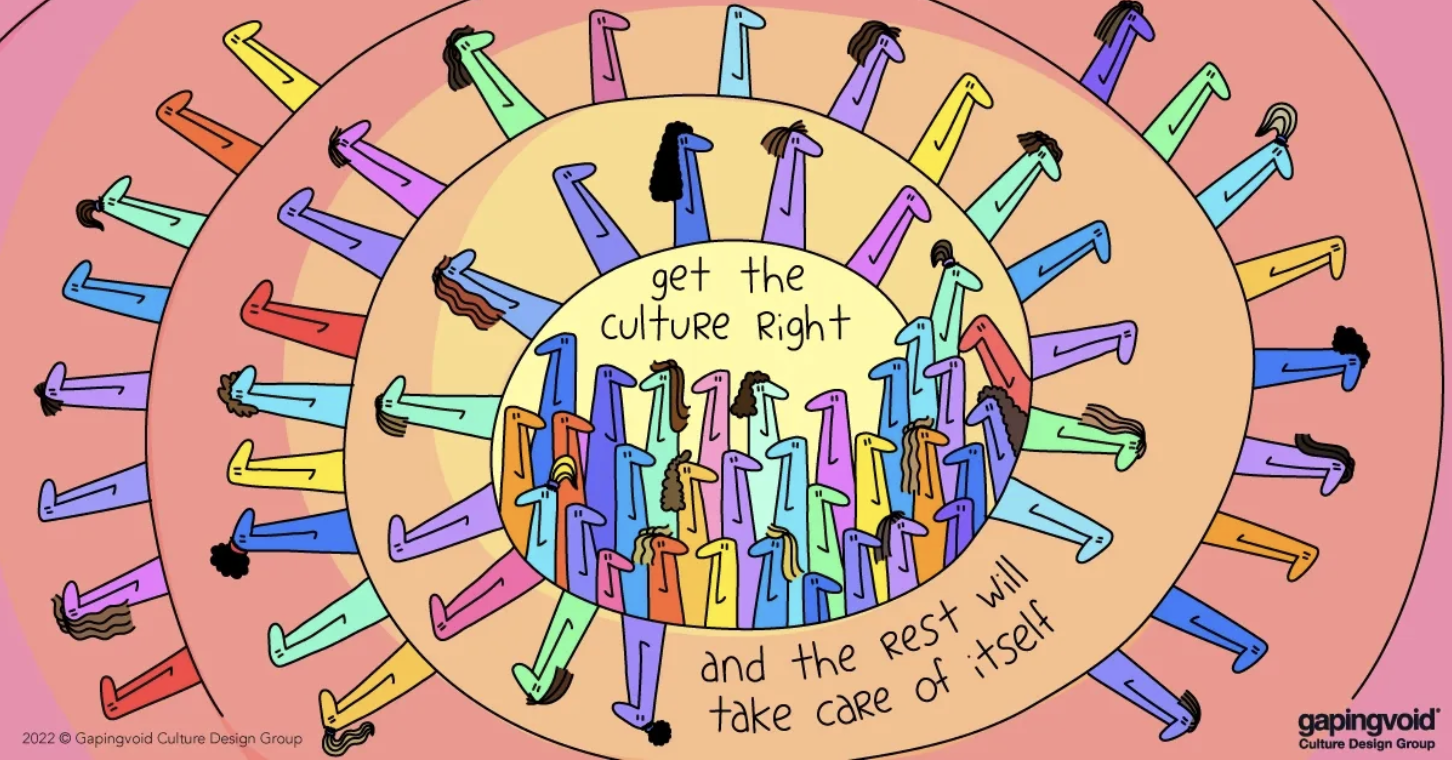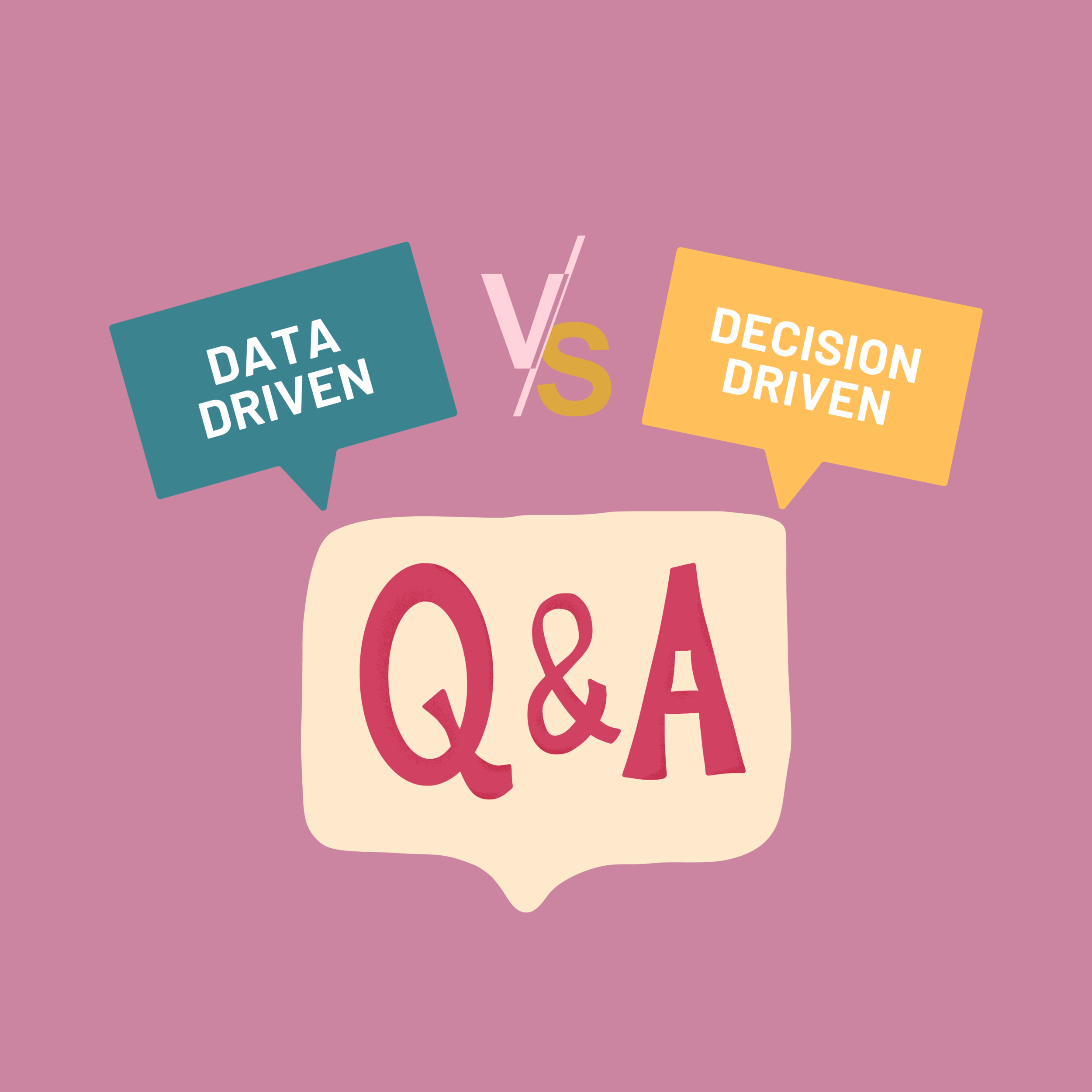How to Listen at Work
In 2000, Kevin Sharer was named the CEO of Amgen, the world’s largest biotechnology company. Seven years later, disaster struck. A product that generated 30% of Amgen’s revenue was found to increase the risk of heart failure. Profits fell 14%. He ordered mass layoffs for the first time in the history of the company.
Upon reflection, Kevin admits that he had entered the “ego danger zone.” He had become a terrible listener.
Last week, I got scolded (kindly) to listen better. I actually think I’m a pretty decent listener, so it was a good wake-up call to reflect. Sharer’s article was timely—he recommends six ways to listen better at work; I translate them loosely here:
Listen to your network, not only your hierarchy. When you seek input, think of your organization as a network, not a hierarchy. This helps you spot new sources of input and widen your point of view. Read Rethinking Org Charts on how to visualize and think about organizational networks.
Send the message that you expect bad news to be shared. U.S. secretary of commerce Penny Pritzker told her staff that she had four ways to get fired: 1) lie, 2) cheat, 3) steal, or 4) see a problem and keep it to yourself. That’s a draconian message, but it’s clear. Read Big Boss for how to encourage reticent employees without threatening to fire them :)
Ask yourself: W.A.I.T. during meetings. Sharer suggests keeping his W.A.I.T. mantra in mind. It means: “Why Am I Talking?”
Prompt introverts 1-1. 10 Ways to Engage Introverts at Work in 2021 applies Susan Cain’s work to engaging introverts at work. Don’t think introverted team members matter? Eleanor Roosevelt, Rosa Parks, Steve Wozniak, and Gandhi were all introverts.
Pause at the end of every meeting. And wait. This gives space to think, and speak up. This idea comes from the psychology of listening to kids.
Celebrate contrarian ideas and ascribe correct credit. Celebrate bold ideas. And cite the team members that brought them forward. Don’t celebrate that you fixed them.
Improving listening skills is like painting the golden gate bridge. As soon as you think you’ve done a good job, you need to start all over again. Sharer’s listening ecosystem was designed to avert disasters, but even if you think you’re a pretty good reminder, it’s worth relearning all over again.





























